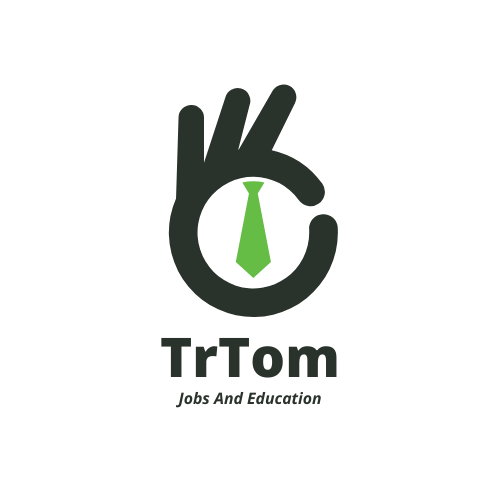Introduction
Importance of Strategic Funding for Medical Professionals
Strategic funding acts as a lifeline for medical professionals, facilitating innovation and the advancement of healthcare practices. With adequate financial support, professionals can explore groundbreaking research, improve patient care, and develop innovative solutions to pressing health challenges. This funding empowers them to address unmet medical needs and propel their careers.
Overview of Grant Opportunities in the UK
In the UK, a plethora of grant opportunities exists for medical professionals. These grants not only support individual researchers but also foster collaborations across various fields. Here’s a quick overview of available options:
- National Health Service (NHS) Grants: Funding for healthcare projects.
- Research Council Grants: Financial support for innovative research initiatives.
- Charitable Trust Grants: Backing for medical innovation and development.
- Industry Sponsorship Opportunities: Collaborative funding from pharmaceutical companies.
- Government Initiatives: Public funding programs to support medical professionals.
- Nonprofit Organizations Grants: Financial aid from health-focused nonprofits.
- Academic Institutions Grants: Opportunities from universities.
- Professional Associations Grants: Support for continuing education and training.
These funding avenues not only encourage research but also enhance collaboration and knowledge exchange among medical professionals, ultimately benefiting public health.
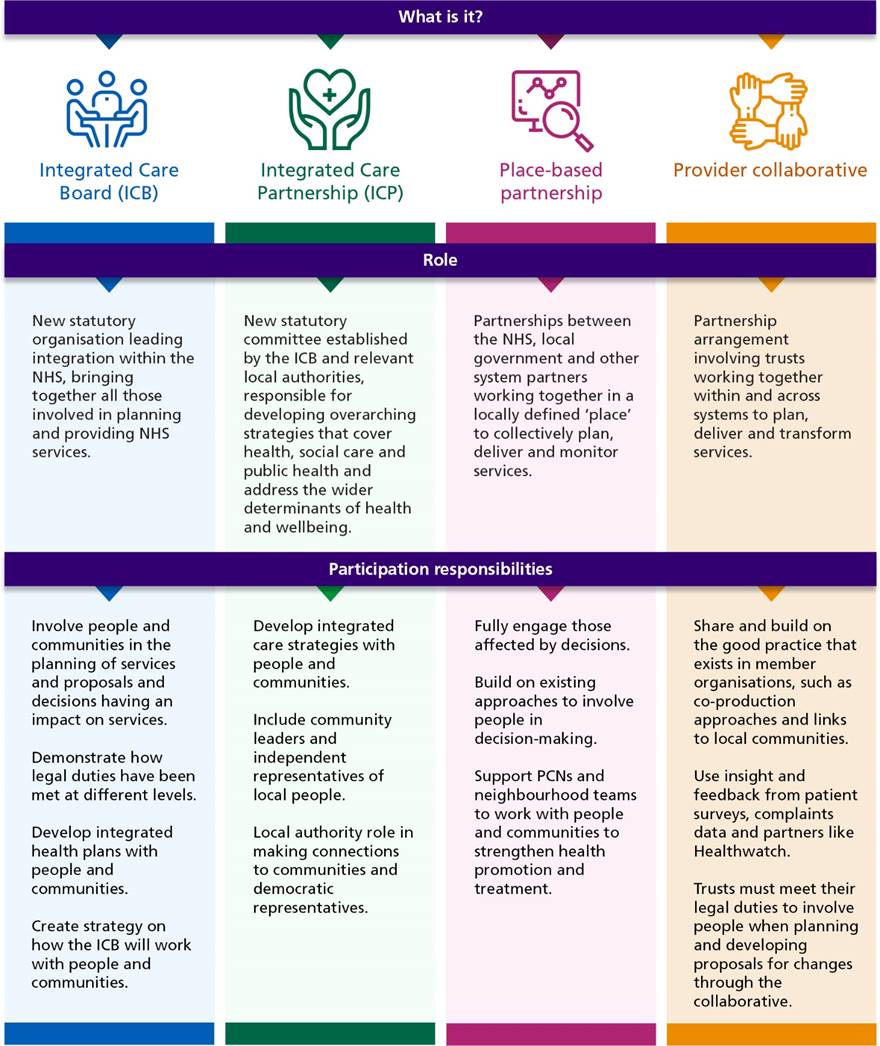
National Health Service (NHS) Grants
Types of Grants Available
The NHS provides diverse grant options aimed at addressing critical gaps in healthcare services. These grants serve to support various initiatives, including:
- Infrastructure Development Grants: Up to £100,000 for new courses in priority healthcare professions, such as nursing and occupational therapy.
- Research Grants: Funding focused on enhancing public health and personal social services, with an emphasis on innovative and relevant research.
- Project-Specific Grants: Targeted financial aid for specific projects that align with NHS goals and objectives.
These financial programs aim to bolster the healthcare workforce and foster advancements in patient care.
Eligibility Criteria for NHS Grants
To qualify for NHS grants, applicants must adhere to specific eligibility criteria:
- Registered Organizations: Applications must be submitted by Higher Education Institutes (HEIs) or recognized education providers.
- Alignment with Priorities: Proposed projects must align with the NHS Long Term Plan and focus on priority healthcare professions.
- Demonstrable Impact: Projects should clearly demonstrate potential benefits for the NHS workforce and patient care.
By understanding these criteria, medical professionals can better navigate the grant application process and enhance their chances of success.
Research Council Grants
Funding Opportunities for Research Projects
Research Council Grants are pivotal for advancing scientific inquiry and innovation in various fields, especially healthcare. These grants cater to a broad spectrum of projects, allowing researchers to explore innovative ideas and methodologies. Notable funding opportunities include:
- Medical Research Council (MRC) Fellowships: Support for healthcare professionals pursuing PhDs to enhance human health research.
- Future Leaders Fellowship: Aimed at early-career researchers looking to secure independence and develop ambitious research plans.
- Collaborative Research Initiatives: Joint funding options, such as those between UK and international partners, focusing on global health challenges.
Such funding allows researchers to unlock their potential and contribute significantly to medical advancements.
Application Process for Research Council Grants
Navigating the application process for Research Council Grants requires attention to detail and adherence to guidelines. Here’s a simple breakdown to enhance chances of success:
- Identify Relevant Grant: Use platforms like UKRI’s funding finder to explore available opportunities.
- Prepare Required Documents: Ensure the submission includes necessary proposals, CVs, and evidence of qualifications.
- Meet Deadlines: Each grant has specific opening and closing dates. For example, the upcoming MRC Fellowship grants open on 23 October 2024.
- Submit via Appropriate Channels: Applications typically go through the official grant application portals.
Taking a systematic approach can simplify the process and bolster the chances of securing valuable funding for impactful research.
Charitable Trust Grants
Support for Medical Innovation and Development
Charitable trust grants play a crucial role in fostering medical innovation and development. These funds are designed to support projects that aim to improve healthcare outcomes and implement new models of care. Notable features of these grants include:
- Financial Support for Scalable Models: Grants often range from £100,000 to £500,000, enabling substantial project implementation.
- Focus on Specific Areas: Projects may target chronic illnesses, mental health, or end-of-life care, ensuring comprehensive healthcare coverage.
- Evidence-Based Funding: Trusts require robust evidence of a project’s effectiveness before providing support.
By funding innovative and tested models, these grants ensure organizations can expand and implement effective healthcare solutions.
How to Access Charitable Trust Grants
Accessing charitable trust grants involves a clear process that can enhance your chances of success:
- Research Available Grants: Utilize resources like the Sir Jules Thorn Charitable Trust and others to identify suitable funding programs.
- Understand Eligibility Criteria: Ensure your organization meets the set income and operational requirements, often needing an annual income of at least £10 million.
- Prepare a Strong Application: Develop a detailed proposal highlighting project goals, expected outcomes, and evidence of past success.
- Follow Application Stages: Many trusts have a step-by-step application process, beginning with an expression of interest.
By adhering to these guidelines, organizations can effectively navigate the grant application landscape and secure vital funding for transformative healthcare projects.
Industry Sponsorship Opportunities
Collaborative Funding from Pharmaceutical Companies
Collaborative funding from pharmaceutical companies is becoming increasingly popular in the realm of medical research. This partnership allows researchers to access crucial financial resources while enabling pharmaceutical firms to align their goals with innovative projects. Key aspects of these sponsorship opportunities include:
- Funding for Clinical Trials: Pharmaceutical sponsorship often supports large-scale clinical trials that aim to test new treatments or interventions.
- Access to Resources: Companies may provide not only funding but also expertise, technology, and infrastructure to advance research initiatives.
- Joint Research Initiatives: Collaborations can lead to groundbreaking findings that benefit both the medical community and the sponsors.
These partnerships can unlock significant advancements in medical knowledge and treatment options.
Benefits and Challenges of Industry Sponsorship
While industry sponsorship offers several advantages, there are also challenges to consider. Here are some benefits:
- Increased Funding: Access to substantial financial resources facilitates ambitious research projects.
- Technical Support: Collaboration with industry experts can enhance the quality and applicability of research.
- Enhanced Credibility: Association with established companies often lends credibility to research initiatives.
However, challenges include:
- Potential Conflicts of Interest: Researchers must navigate the delicate balance between scientific integrity and commercial interests.
- Pressure for Specific Outcomes: Sponsorship can lead to pressure on researchers to deliver favorable results that align with corporate goals.
- Dependence on Industry Funding: Relying heavily on corporate sponsorship might limit academic freedom and independence.
Navigating these benefits and challenges requires careful planning and ethical considerations, ensuring that medical advancements remain at the forefront of these collaborations.
00005-5/asset/d669dc35-1cc3-412a-bd40-07e48269ba7d/main.assets/gr13_lrg.jpg)
Government Initiatives
Public Funding Programs for Medical Professionals
Government initiatives play a vital role in enhancing healthcare through various public funding programs tailored for medical professionals. These programs are designed to support innovative research, improve healthcare delivery, and address pressing health challenges. Key programs include:
- Health Foundation Grants: Funding aimed at frontline projects to improve health and healthcare systems.
- UK Research and Innovation (UKRI): Offers grants for PhD research, independent researcher support, and funding for significant healthcare projects.
- NHS Initiatives: Various grant schemes focused on workforce planning, patient safety, and quality improvement in healthcare settings.
Accessing these funding opportunities can significantly impact medical professionals’ work and the broader healthcare system.
Examples of Successful Grant Recipients
Highlighting successful grant recipients demonstrates the tangible benefits of government funding initiatives:
- Royal Bolton Hospital: Received funding to pilot a patient safety project that significantly reduced medication errors.
- Dr. Sarah Jones: A medical researcher who secured funding for a PhD project examining the long-term impacts of mental health interventions on young adults.
- Community Health Partnerships: Awarded funds to develop a collaborative care model that improved service delivery across multiple health organizations.
These examples showcase how government funding can lead to innovative solutions and improved patient outcomes, ultimately enhancing the healthcare landscape. Engaging with these programs not only provides financial backing but also fosters collaborations that advance healthcare research and practice.
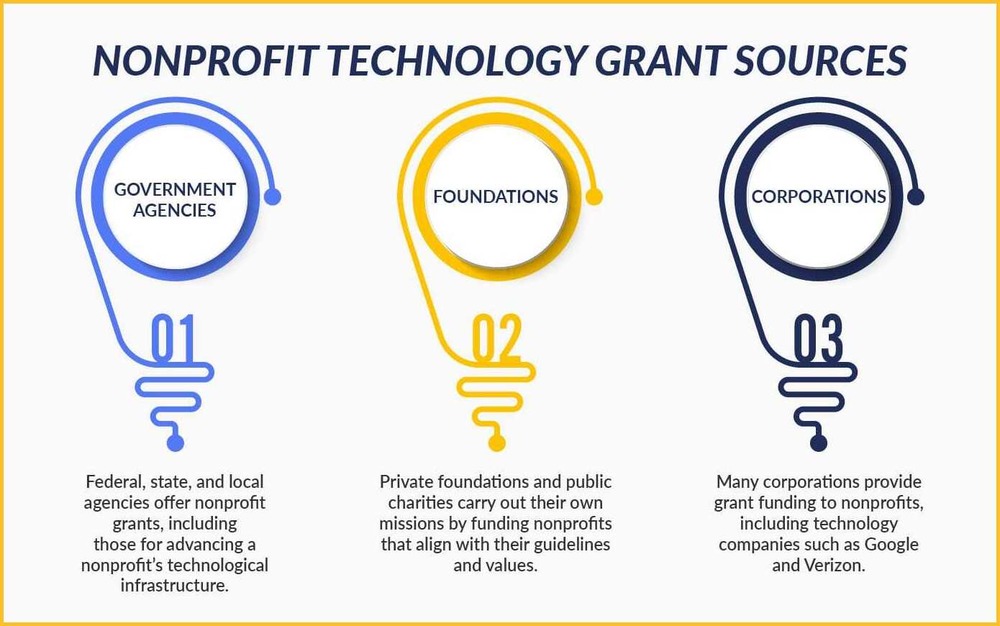
Nonprofit Organizations Grants
Grant Funding from Nonprofit Health Organizations
Nonprofit health organizations play a vital role in supporting medical initiatives through grant funding. These grants are often aimed at enhancing patient care, advancing medical research, and providing essential services. Some prominent sources include:
- Wellcome Trust: Invests significantly in health-related research, funding projects across various domains, including social sciences and clinical research.
- British Medical Association (BMA): Offers funding through initiatives like BMA Giving, which supports charities focused on healthcare improvements and humanitarian efforts.
- Health Foundation: Provides grants for innovative health projects that aim to improve the effectiveness and efficiency of healthcare systems.
These funding opportunities are crucial for healthcare professionals striving to implement transformative change within the medical field.
Impact of Nonprofit Grants on Medical Practice
The impact of nonprofit grants on medical practice is substantial. Here’s how these supports translate into real-world benefits:
- Enhanced Patient Care: Projects funded by nonprofits often lead to improved services, such as mental health support and community health initiatives.
- Advancement of Medical Research: Grants facilitate groundbreaking research in various domains, fostering innovation and better treatment options.
- Capacity Building: Nonprofit funding helps healthcare organizations enhance their capabilities, leading to a more skilled workforce and better healthcare delivery.
For instance, the BMA’s funding for training programs has empowered countless doctors to refine their skills, ultimately benefiting patient outcomes and community health. Engaging with nonprofit grants not only bolsters the healthcare system but also ensures that advancements are accessible to those most in need.
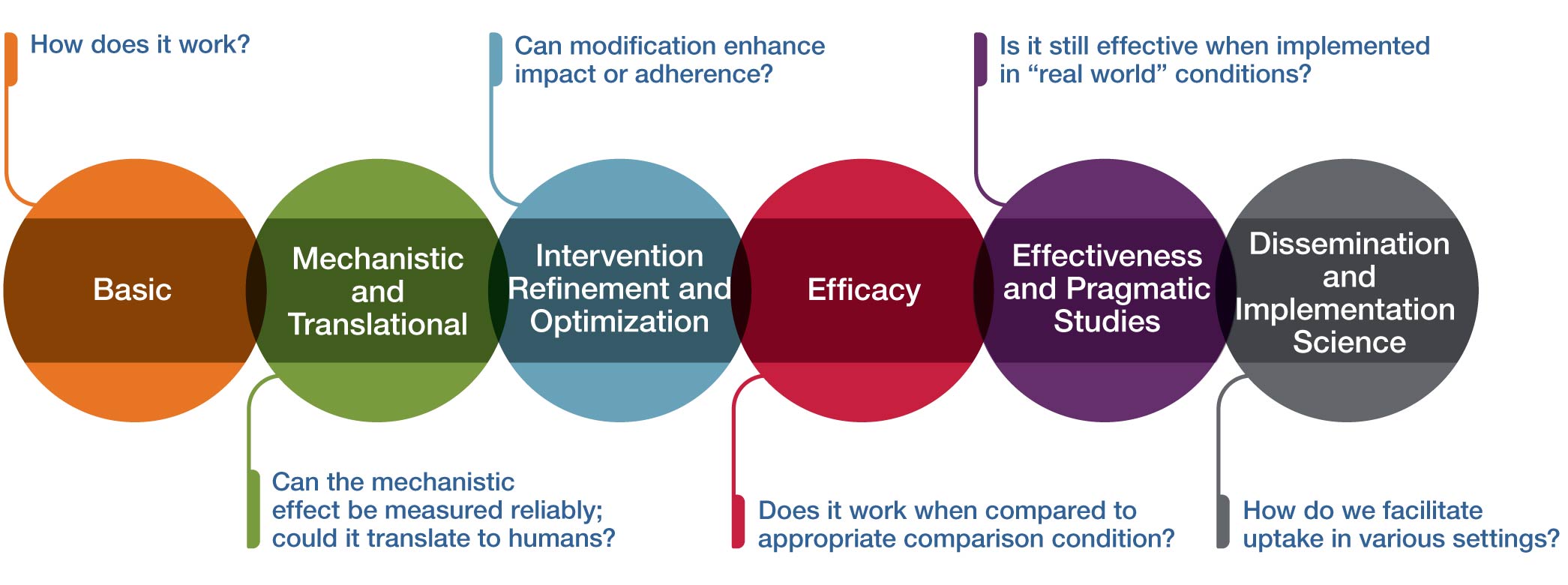
Academic Institutions Grants
Funding Support from Universities and Colleges
Academic institutions, particularly universities and colleges, offer crucial funding support for research projects, contributing significantly to the advancement of knowledge across various fields. Funding sources include:
- Internal Grants: Many universities provide specific grants to faculty and research students focusing on innovative projects.
- Collaborative Initiatives: Institutions often partner with external organizations, including charities and government bodies, to amplify funding opportunities.
- Targeted Programs: Funding is frequently allocated to health-related research, reflecting national priorities and institutional capabilities.
Such support not only enhances research capacity but also strengthens the academic community’s contributions to healthcare and other critical areas.
Research Fellowships and Scholarships Available
Numerous research fellowships and scholarships are also available to support the academic journey of students and early-career researchers. These opportunities include:
- PhD Scholarships: Designed for students pursuing advanced degrees, often covering tuition fees and living expenses.
- Postdoctoral Fellowships: These grants allow early-career researchers to conduct independent research while gaining experience and visibility in their fields.
- Specialized Funding: Institutions may offer specific programs targeting areas such as mental health, public health, or innovative medical technology.
For example, King’s Health Partners provide a wealth of funding opportunities, including their collaboration with the National Institute for Health Research, which illustrates the possibilities available for aspiring researchers. Engaging with these offers can significantly enhance a researcher’s capability to contribute meaningfully to society.
Professional Associations Grants
Financial Support for Continuing Education and Training
Professional associations provide critical financial support aimed at enhancing the education and training of healthcare professionals. Such funding is essential for advancing career pathways and improving skill sets. Notable financial support includes:
- Training Grants: Offered to cover costs associated with attending workshops or conferences that enhance skills and knowledge.
- Scholarships and Fellowships: Aimed at supporting advanced study or specialized training, helping individuals invest in their professional development.
- Bursaries for Research Projects: Financial aid to assist members in conducting research that contributes to healthcare advancements.
For example, the Royal College of Nursing (RCN) offers various funding opportunities tailored to nurses and midwives, which can significantly impact their professional growth.
You can also read on: From CapEx to OpEx: How Colocation Can Save Your Business Money
Networking Opportunities through Professional Associations
In addition to financial support, professional associations facilitate valuable networking opportunities. Engaging with fellow professionals through these organizations can lead to:
- Collaboration: Opportunities to cooperate on research and projects, fostering innovation in healthcare.
- Mentorship Programs: Many associations offer mentoring schemes that pair experienced members with those seeking guidance.
- Conferences and Events: Regularly organized events allow members to connect, share knowledge, and showcase their work.
For instance, participating in RCN events not only provides learning opportunities but also helps foster a sense of community among nursing professionals. Leveraging both funding and networking through professional associations is key to driving excellence and advancing one’s career in healthcare.
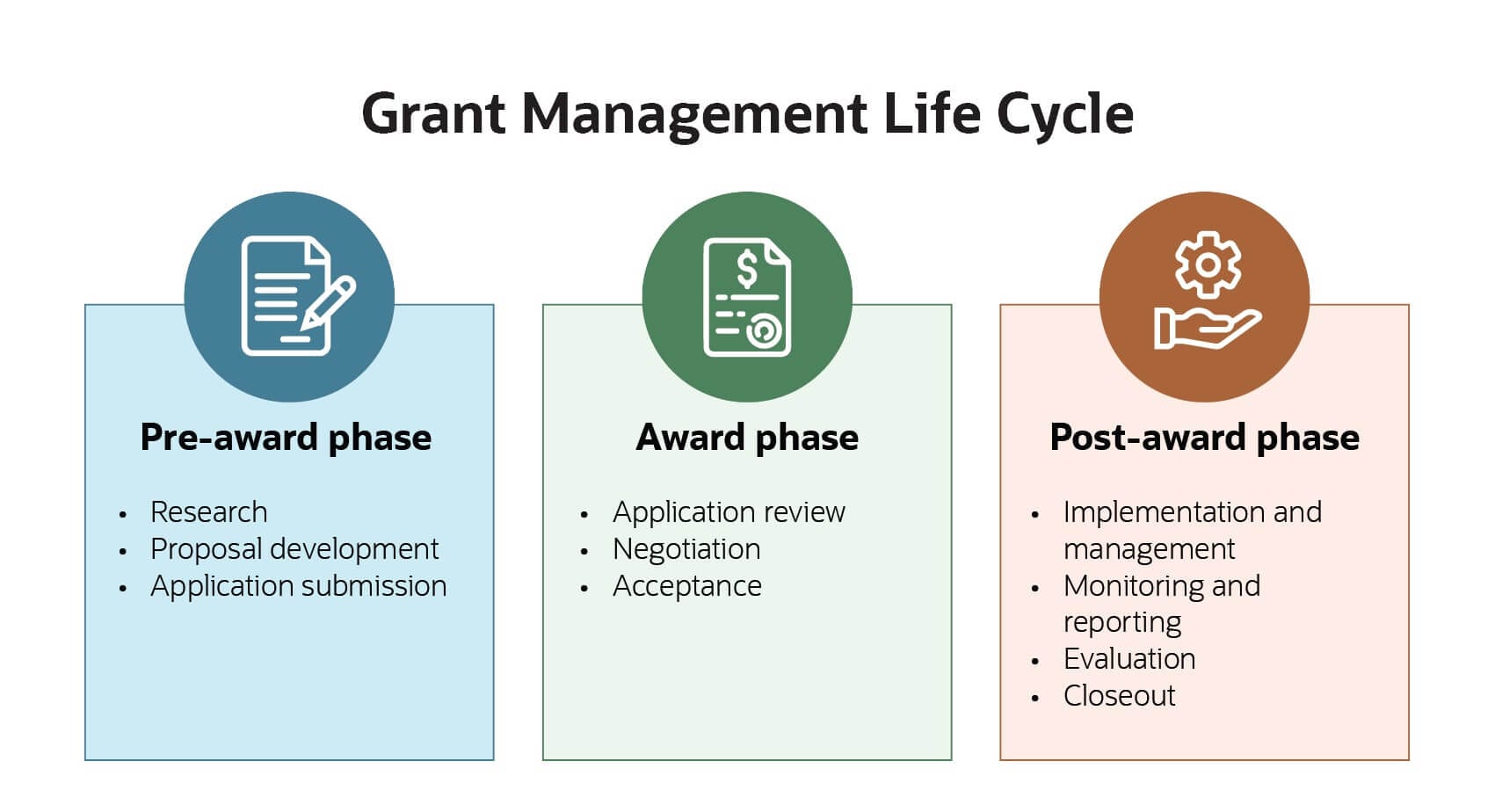
Online Resources for Grant Opportunities
Websites and Databases for Finding Funding
Navigating the landscape of research funding can be daunting, but numerous online resources simplify the process. Key websites and databases include:
- UKRI Funding Finder: A comprehensive platform listing current funding opportunities across various UK research councils and Innovate UK.
- Wellcome Trust: Offers detailed information on grants and funding schemes tailored for health research.
- Royal College of Nursing: Provides a curated list of grants available specifically for nurses and midwives.
These resources collectively host a wealth of information for anyone looking for funding in research and related fields, ensuring that researchers can find and apply for suitable grants.
Tips for Writing Successful Grant Proposals
Writing a successful grant proposal requires careful planning and a strategic approach. Here are some tips to enhance your chances:
- Understand the Requirements: Carefully review the eligibility criteria and guidelines provided by the funding body.
- Craft a Clear Narrative: Present a compelling story that articulates the significance of your research and its potential impact.
- Detail Your Methodology: Clearly outline your research methods, timelines, and expected outcomes to demonstrate feasibility.
- Budget Wisely: Provide a realistic budget that clearly accounts for all expenses related to the project.
- Review and Revise: Always seek feedback from peers or mentors before submitting to refine your proposal.
Utilizing these resources and tips can dramatically improve your grant application experience, ultimately leading to successful funding outcomes that advance your research endeavors.
You can also read on: Experience the Power of Possibility with Power Krant Digital Marketing Firm
